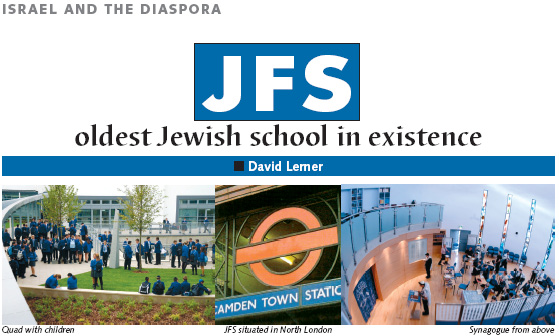Two Cheers for the Electoral College
George Soros is funding an effort to undermine the Electoral College. The idea is to enter into a compact with other states in which each state agrees to require their electors to vote for the candidate who has won the national popular vote. The compact would not become effective until states comprising a majority of electoral votes have agreed.
The effort has resulted in the introduction of AB 751 in the Wisconsin legislature.
The proposal may well be unconstitutional under the Compact Clause. It is almost certainly motivated by partisan concerns. It isn’t simply that Democrats tend to be more geographically concentrated. That can actually help if Democratic voters are packed in the right states. Thus, while Bush lost the popular election and won the electoral vote in ’00, Kerry almost did the same thing in ’04.
Rather, the back story is population trends that will move electoral votes to Republican states. For the first time in who can remember, California will not pick up a seat and the Midwest and Northeast continue to lose population to the south and southwest.
Republicans should not be too sanguine. Large influxes of people into a state can change its political composition. When I was a kid, California was a fairly Republican state. But there is, nevertheless, reason to suspect that the electoral map is going to get tougher for Democrats.

 There has been a fair amount of commentary regarding a decision of the Supreme Court of the United Kingdom (formerly the Lords of Appeal in Ordinary and part of the House of Lords) in a matter called
There has been a fair amount of commentary regarding a decision of the Supreme Court of the United Kingdom (formerly the Lords of Appeal in Ordinary and part of the House of Lords) in a matter called